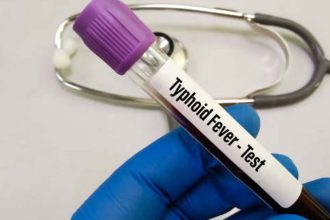Proteins are crucial for the survival of all living organisms, found in every cell of the body. The term “protein” originates from the Greek word for “first,” highlighting their fundamental role in life processes. Proteins are essential for numerous biological functions, making them indispensable for health and well-being.
Formation and Composition of Proteins
Proteins are complex chemical substances formed through the reactions of amino acids. To date, over 21 amino acids have been identified, each containing carbon, nitrogen, oxygen, and hydrogen. The diverse structures and proportions of these elements result in thousands of different proteins, each with unique functions.
Amino Acid Synthesis in Plants and Animals
Plants synthesize a wide range of amino acids and proteins for themselves. In contrast, animals can produce only a limited number of amino acids and must obtain the rest—known as essential amino acids—from their diet. These essential amino acids are crucial for the synthesis of proteins within the animal’s body.
Protein Synthesis and Its Importance
When animals consume protein-rich foods, these proteins are broken down into amino acids during digestion. These amino acids then undergo various chemical reactions to form essential proteins in the body. This process, known as protein synthesis, is vital for maintaining overall health and function.
Functions of Proteins in the Body
Proteins serve numerous functions in the body, including:
- Enzymes: These proteins act as catalysts in digestion, speeding up the breakdown of food and supporting metabolic functions.
- Hormones: Proteins like insulin regulate critical bodily functions such as blood sugar levels and blood pressure.
- Immune Proteins: These proteins play a key role in defending the body against diseases and infections.
- Transport Proteins: Hemoglobin is an example of a transport protein that carries oxygen through the bloodstream.
- Contractile Proteins: These proteins are involved in muscle movement and contraction.
Protein-Rich Foods and Deficiency
Foods high in protein include milk, eggs, fish, meat, and cheese. These items provide essential amino acids necessary for protein synthesis. Conversely, foods like potatoes and rice lack amino acids and are considered protein-free.
Protein deficiency can lead to various health issues, including fatigue, weakened immune function, and impaired cognitive abilities. Since proteins cannot be stored in the body, it is crucial to consume protein-rich foods daily to ensure adequate intake.
By understanding the role of proteins and incorporating them into your diet, you can support your body’s health and maintain its vital functions.




